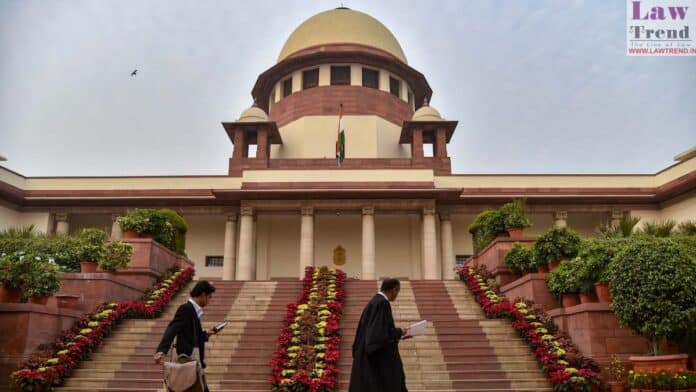In a significant ruling, the Supreme Court of India set aside an order of the National Consumer Disputes Redressal Commission (NCDRC) that had directed the Indore Development Authority (IDA) to accept overdue payments and transfer possession of a plot to an allottee after a delay of nearly three decades. The bench, comprising Justice Bela M.
To Read More Please Subscribe to VIP Membership for Unlimited Access to All the Articles, Download Available Copies of Judgments/Order, Acess to Central/State Bare Acts, Advertisement Free Content, Access to More than 4000 Legal Drafts( Readymade Editable Formats of Suits, Petitions, Writs, Legal Notices, Divorce Petitions, 138 Notices, Bail Applications etc.) in Hindi and English.




